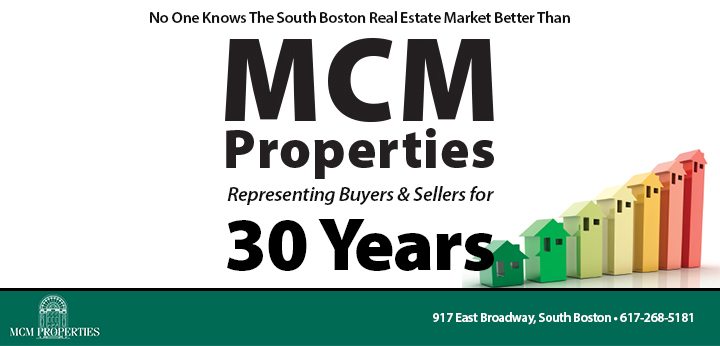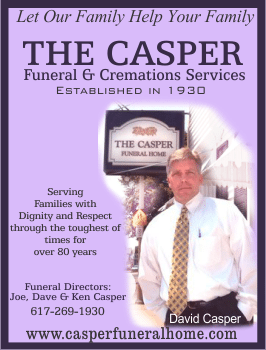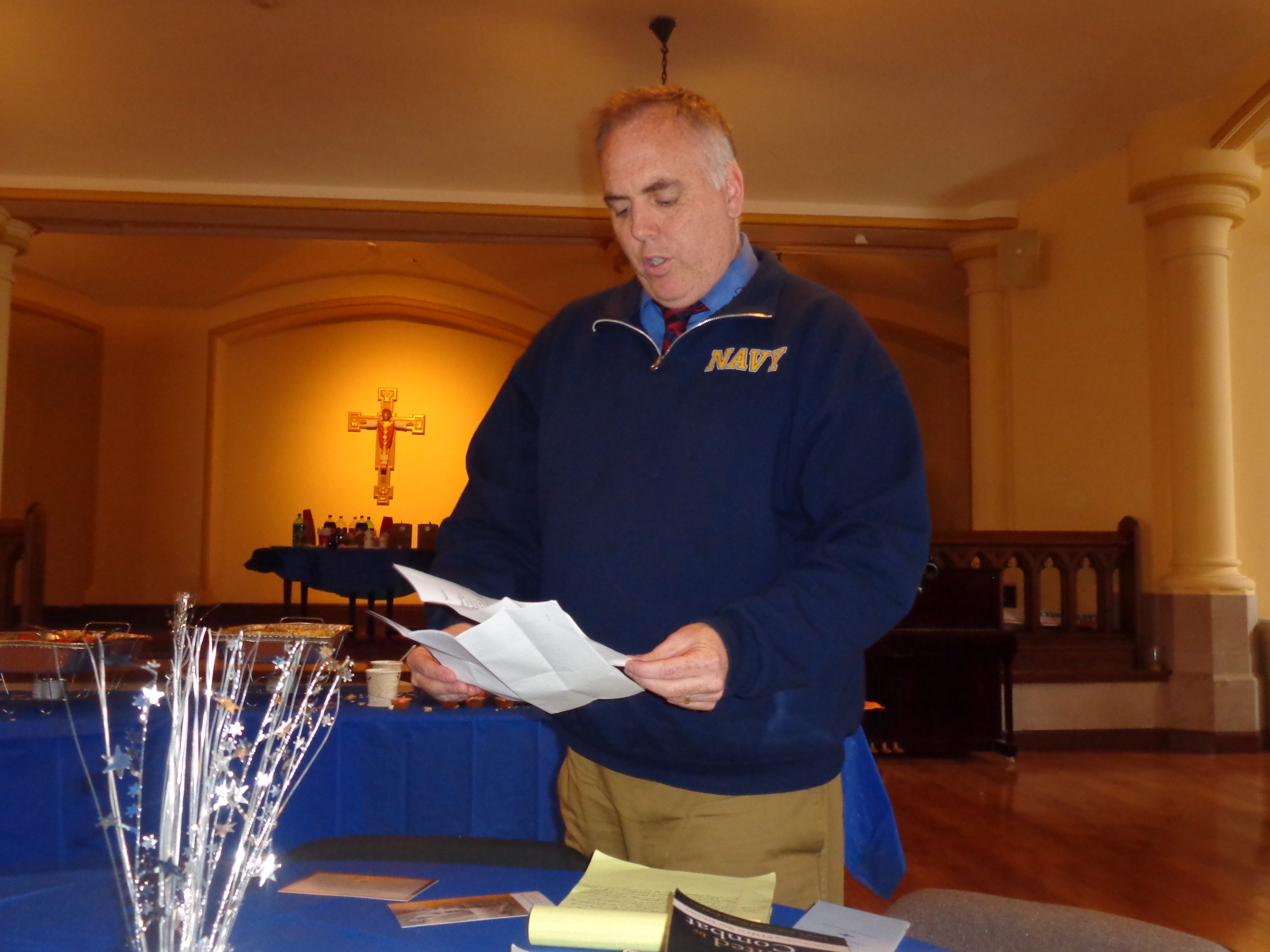Institutions are the anchors of a neighborhood. Churches, Libraries. Recreation Centers. Fire Houses. Schools. According to a recent Boston Globe article, the next frontier for housing development in Boston could be a community center. Or a library. Or a firehouse.
The Walsh administration is asking for ideas to redevelop more than 80 city-owned buildings, with the goal of adding housing while sprucing up the public facilities inside. It’s part of the city’s broad push to ease the housing crunch by creating 53,000 apartments, condos, and houses by 2030.
“We believe this model could have the potential to enhance city property by improving our infrastructure and generating new affordable housing options needed in neighborhoods throughout our city,” Walsh said in a statement.
The plan is patterned on an approach taken in other cities, including New York, Washington, and San Francisco, which have partnered with developers to build on the sites of libraries and community centers.
Bottom of Form
The Boston Planning & Development Agency has, in recent years, put a number of city-owned sites out for bid to developers. In its initial “request for interest,” released Friday, Walsh’s Housing Innovation Lab identified 83 city-owned buildings — ranging from older branch libraries to the massive 1010 Mass. Ave., home to the Inspectional Services Division, to the Boston Fire Academy on Moon Island — that could be offered up to accommodate additional housing. It also listed 36 parking lots where current city buildings might be relocated to make room for development. The request is just the start of what may be a long process of design and approval, said Marcy Ostberg, director of the Housing Innovation Lab. At this point, it’s mostly looking for ideas that might both improve city services and add housing.
“It’s very complex to do this,” she said. “It could be a smashing success. It could be we don’t get a lot of applications. It’s too soon to tell.” It’s the type of concept that could make sense for affordable-housing developers, said Leslie Boss, director of real estate at the Jamaica Plain Neighborhood Development Corporation. “As a community-based nonprofit in a neighborhood where countless families have been displaced by skyrocketing housing costs, JPNDC has found city land and resources to be instrumental to our efforts to create new affordable homes,” Boss said. Submissions are due in late March.














